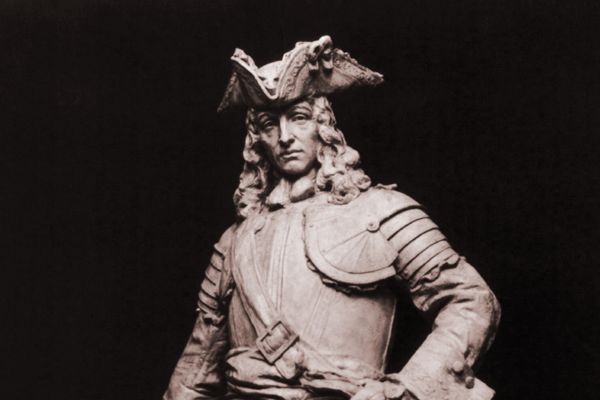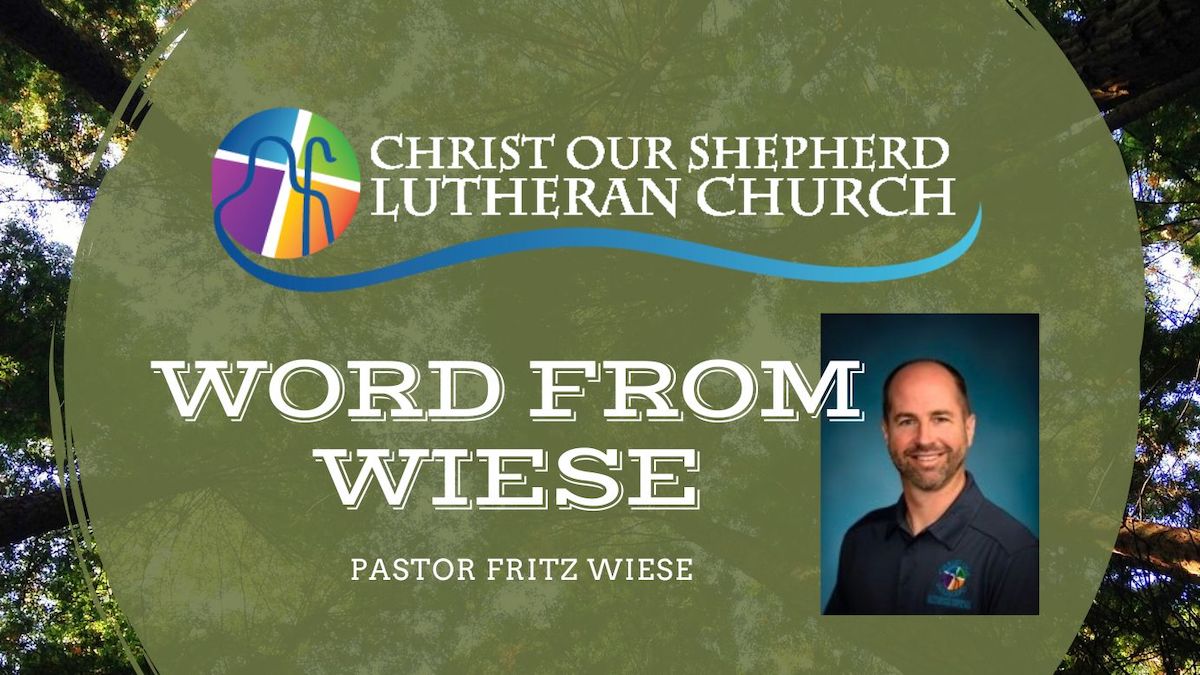Giving Up on Freedom
3 July 2024
Georgia had it right!
 Out of all British colonies, Georgia was the only one forbidding slavery at its beginning. But then . .
Out of all British colonies, Georgia was the only one forbidding slavery at its beginning. But then . .
If you’ve visited Savannah, you’ve heard the story. James Oglethorpe of England’s Parliament lamented at the plight of those stagnating in debtors’ prison. So, in February of 1733 Oglethorpe himself led 114 colonists on the frigate Anne to a bluff on the Savannah River. An adventurous experiment ensued. Among other goals, key for Oglethorpe was empowering prosperity for poverty-plagued English many considered “miserable wretches” by transporting them to this new world, giving them 40 acres of land, and letting them experience the dignity of working hard for one’s family.
As Governor, Oglethorpe was given powers to run a tight ship. No lawyers allowed in Savannah, because they stirred up trouble. Alcohol too was forbidden; Oglethorpe sought to minimize distractions for the young farmers. Religious freedom was championed to the point where a Jewish colony was established and a robust group of Lutherans escaping from Salzburg Austria set up the new town of Ebenezer just up the Savannah River, but that’s a story for another day. Sure, no Catholics were allowed. But that’s because Oglethorpe didn’t want to gamble on any potential sympathy toward potential Spanish invaders from the south. Indeed, this Georgia experiment received financial support because it was also designed to serve as a military buffer for the prosperous Carolina colonies and plantations.
However, regarding Oglethorpe’s vision, one could argue the real threat, in the final analysis, emerged not from the Spanish of the south but the Carolinians of the north. For the fourth prohibition for Savanah was no slavery. Not only did Oglethorpe considered slavery morally indefensible, but he was convinced that his young band of new English transplant farmers needed to work hard themselves for their own moral conversation and uplifting.
Yet, “grass is greener” word spread. Farming the Georgia soil was difficult work. When the struggling young farmers of Savannah heard how their white counterparts of the Carolinas benefitted from the forced labor of others, the snake whispered yet again in this new garden. Quickly, Oglethorpe was petitioned on many sides for the introduction of slavery, the system so fundamental and profitable to the rest of the empire.
During the last 1730s and early 1740s, the trustees (movers and shakers of the Georgia initiative, some of whom still lived in England) lifted the bans on lawyers, liquor, and large landholding—but held firm against slavery and an assembly. In 1739, Oglethorpe insisted, “if we allow slaves, we act against the very principle by which we associated together, which was to relieve the distressed.”
But colonists pushed back. And the logic is disturbing. My son Luke attended McIntosh High School and here’s how his school-issued history book (American Colonies, Alan Taylor) tells the story: “Georgia dissidents rallied behind the revealing slogan, ‘liberty and property without restrictions’—which explicitly linked the liberty of white men to their right to hold blacks as property. Until they could own slaves, the white Georgians considered themselves unfree. . . . Liberty was a privileged status that almost always depended upon the power to subordinate someone else. Under increasing pressure from a parliament solicitous of the slave trade in 1751 the trustees capitulated, permitting slavery and surrendering Georgia to the crown.”
It’s telling that Oglethorpe had long since abandoned Georgia for new ventures. Perhaps he just couldn’t bear to see the erosion what he considered a grand experiment of freedom, equality, and morality. Taylor argues, “rejecting the reformist vision of the trustees, Georgians soon made a plantation society that virtually replicated South Carolina.”
Here’s another kicker that breaks my heart about the early Georgia story: “As the trustees had feared, the introduction of plantation slavery concentrated wealth and power in a planter elite, principally former Carolinians. While producing the appearance of white equality in a shared hegemony over black slaves, the plantation system increased the real inequities of wealth and power between white men.” 243.
Our country is terrific! With a plethora of gifts and opportunities. How blessed we are to have been born here and enjoy its fruits. But in the hopes of even “a more perfect union,” or at least a chance to reflect on how my own broken human heart operates sometimes, let me ask these questions as I simultaneously enjoy fireworks and some picnic treats:
- Historian Alan Taylor suggests for Georgia history, “until they could own slaves, the white Georgians considered themselves unfree. . . . “ Can we ever remember situations in which we link our own sense of freedom to our ability to “control” others? What’s going on there?
- Taylor also argues, “while producing the appearance of white equality in a shared hegemony over black slaves, the (Georgia) plantation system increased the real inequities of wealth and power between white men.” The new white Georgians wanted slavery. They got slavery. But they also lost long-term potential. When in our lives have our schemings back-fired? When have our cravings in which we finagled our morals enabled an “out of the frying pan and into the fire” troubling era?
- The Declaration of Independence in 1776 declared that certain inalienable God-given rights included life, liberty, and the pursuit of happiness. But just 13 years later in the ratified U.S. Constitution, liberty was expressed as a reality in which women could not vote and blacks could be enslaved and counted as three-fifths of a person. Hmm. What steps can we take as Jesus-followers to help our country live into even more fully our wonderful notion that all people should enjoy deeply God-given joys of life and liberty?
Rooting for liberty and justice for all with you,
Pastor Fritz
Let us pray: Thanks for our precious country. May we continue to fervently pray that your will be done—in Georgia and in our land—as your will is done in heaven. Inspire us to be partners and patriots in that noble goal. In Jesus’ name, Amen.


